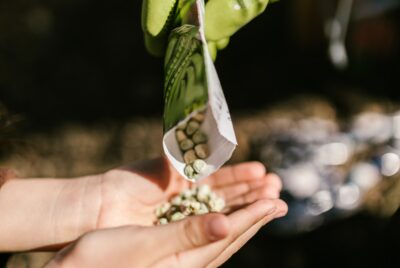RESEARCH
Increased Wellbeing following Engagement in a Group Nature-Based Programme: The Green Gym Programme Delivered by the Conservation Volunteers
Summary
This study explored whether participating in a group gardening and conservation program called Green Gym could help improve people’s mental wellbeing. Nearly 900 adults across the UK took part in the program, which involved regular outdoor activities like planting trees, managing wildflower areas, and improving walking paths. Participants filled out surveys before joining and again around 4.5 months later to measure changes in mood and mental health. Some participants were referred by healthcare providers, while others joined on their own, and the study included people from all backgrounds, including those with health conditions or from more deprived areas.
The results showed that participants experienced noticeable improvements in mental wellbeing after taking part in Green Gym, especially those who started with lower levels of wellbeing. These improvements lasted over time, with positive effects still seen 8.5 and even 13 months after the program began. The group-based nature of the program also helped people build social connections, stay physically active, and gain confidence—all important for overall health. This study adds strong evidence that nature-based programs like Green Gym can be valuable tools for improving mental health in communities.







